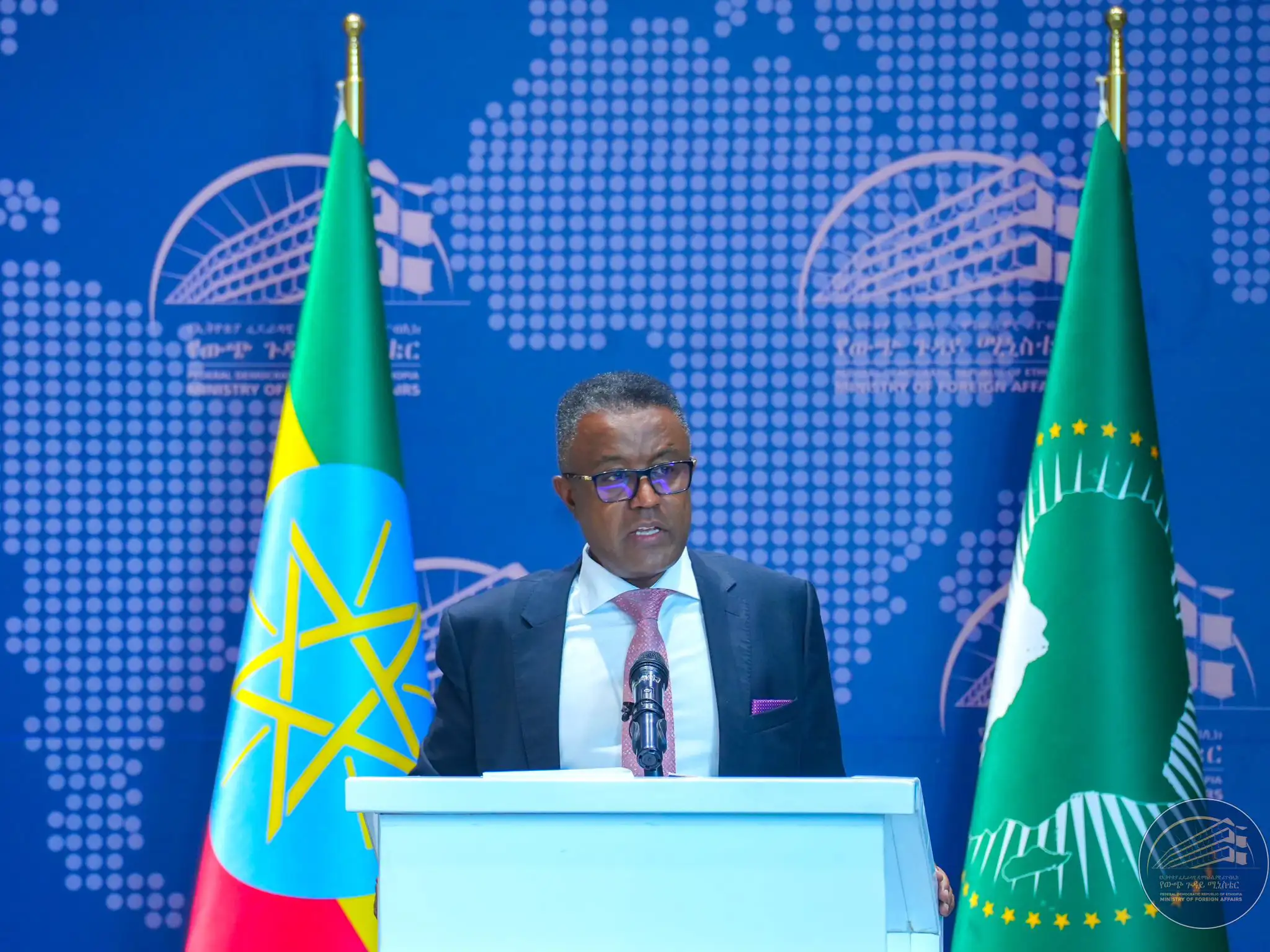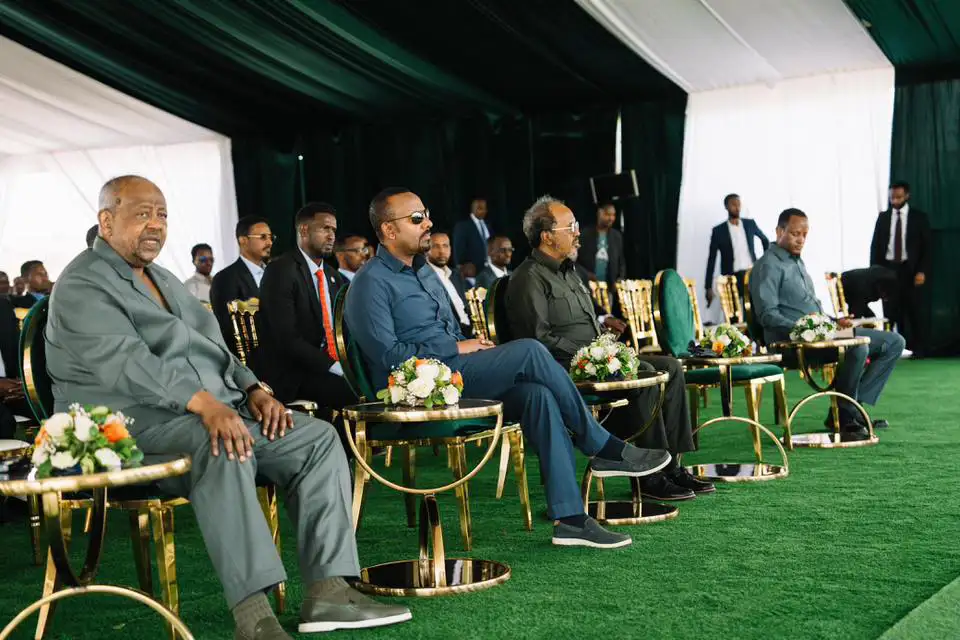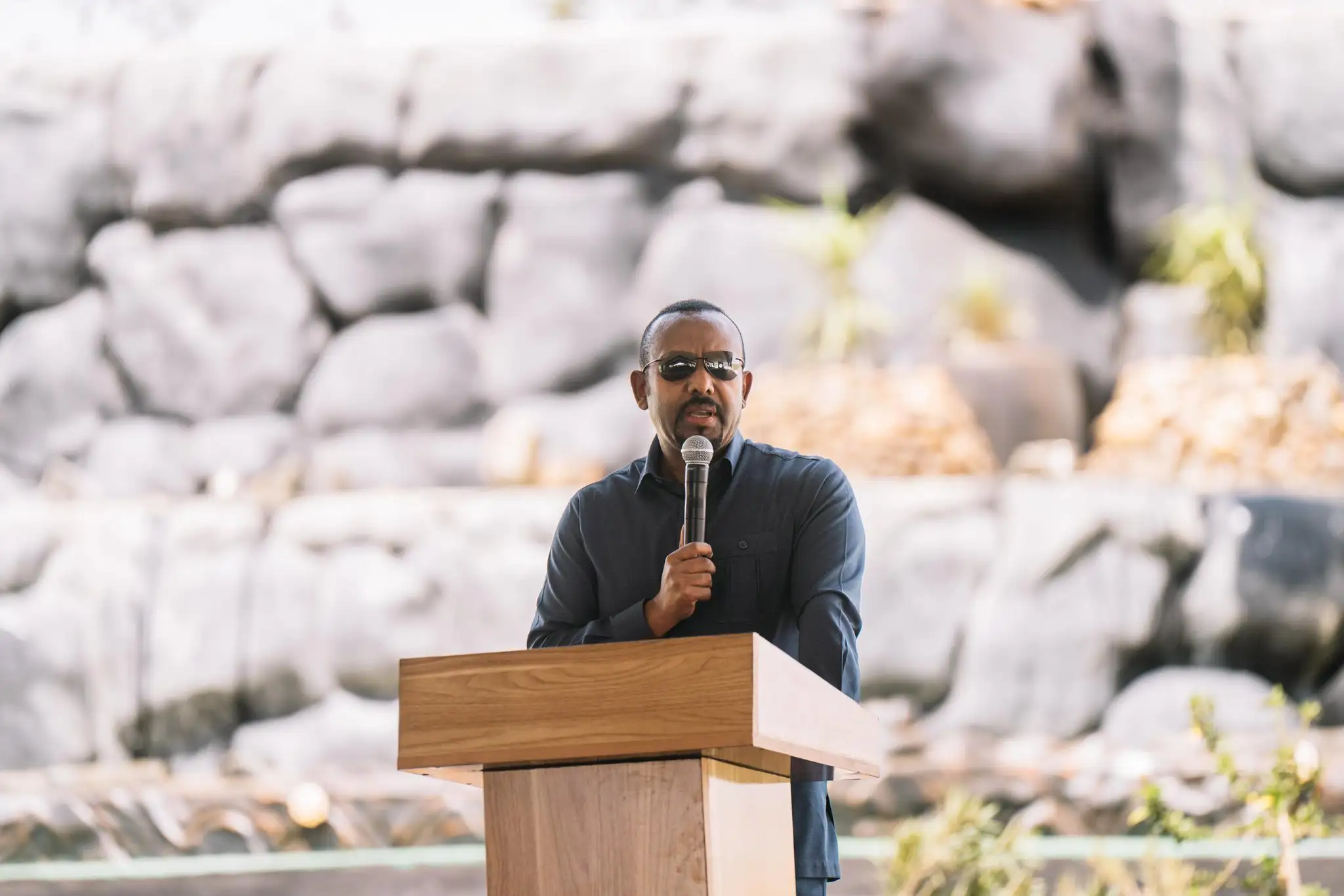By Goshu Melisew
The Ministry of Foreign Affairs has reaffirmed Ethiopia’s unwavering stance that colonial-era agreements have no place in the contemporary utilization of shared resources.
Briefing journalists, Foreign Ministry Spokesperson Nebiat Getachew stressed that outdated colonial treaties cannot define Africa’s present or future cooperation.
“The completion of the Grand Ethiopian Renaissance Dam (GERD) demonstrates that Africans can grow and prosper through their own resources,” he noted, emphasizing that the project stands as a flagship of Ethiopia’s revival and a symbol of self-reliance across the continent.
Highlighting the regional significance of the GERD, Nebiat underlined that the dam is not only vital for Ethiopia but also a catalyst for energy integration and sustainable development across the Horn of Africa. “Ethiopia is committed to harnessing shared resources equitably and deepening regional cooperation,” he added.
The Ministry also announced that Ethiopia is set to host major global and continental gatherings in the weeks ahead. Among these are the Second Africa–CARICOM Summit, to be held on September 7, 2025, and the Second Africa Climate Summit, scheduled for September 8–10, 2025.
On the climate summit, Nebiat said Ethiopia will showcase its “Green Legacy” initiative and conservation efforts, reflecting its transition from climate activism to climate action. The summit will serve as a continental platform to amplify Africa’s solutions for climate challenges and to prepare the groundwork for the COP30 negotiations in Brazil.
Nebiat further underlined the historic bond between Africa and the Caribbean, rooted in the shared struggle against colonialism and for freedom. The upcoming CARICOM summit, held under the theme “Justice for Africans and People of African Descent through Reparations,” will gather African leaders and Caribbean nations to deepen ties through trade, investment, and people-to-people partnerships.
“Ethiopia holds a special place in the hearts of Caribbean nations for its leading role in the fight against colonialism. Today, we seek to elevate that solidarity into tangible economic and cultural cooperation,” Nebiat said.
The spokesperson also revealed that Ethiopia and South Sudan have agreed to expand comprehensive economic cooperation in key sectors, including aviation, energy, and road construction. This, he explained, reflects Ethiopia’s strong ambition to drive regional integration and shared development.
With these upcoming events, Ethiopia is positioning itself not only as the diplomatic capital of Africa but also as a hub for global dialogue on justice, climate action, and sustainable growth.




